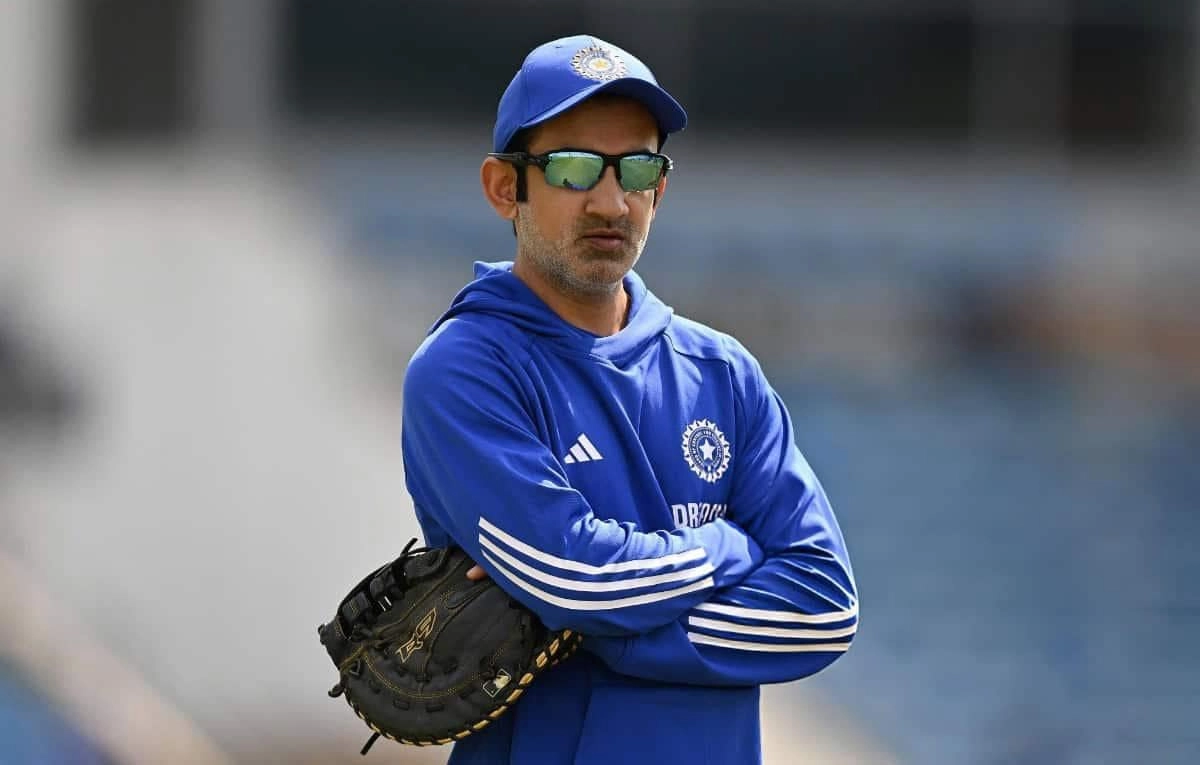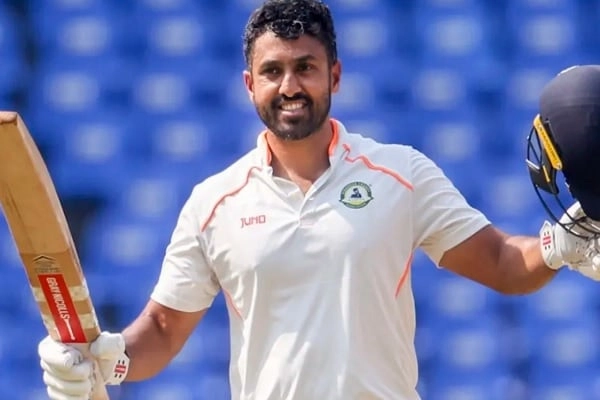Sunil Gavaskar, the legendary Indian cricketer, recently expressed his strong views regarding the captain-coach dynamic in the context of Shubman Gill’s performances. Gavaskar’s critique comes at a time when the Indian cricket team is undergoing significant changes, and the expectations from young players like Gill are at an all-time high. He emphasized the importance of understanding the unique relationship between a captain and a coach, suggesting that this synergy is crucial for a player’s development and overall team performance. Gavaskar’s insights are particularly relevant as Gill, a promising talent, seeks to establish himself within the squad and make a lasting impact on the international stage.
Gavaskar pointed out that for a player to thrive, especially in high-pressure situations, the alignment and understanding between the captain and coach are essential. He believes that this relationship can greatly influence a player’s mindset and performance. By highlighting the need for clear communication and mutual respect, Gavaskar urged Gill to pay attention to how these dynamics play out in the dressing room. He feels that a disconnect between leadership roles can lead to confusion and hinder a player’s ability to perform consistently. This message serves as a reminder that individual brilliance is often rooted in the collective synergy of the team’s leadership.
Moreover, Gavaskar’s stern message reflects the broader challenges young athletes face in adapting to the pressures of international cricket. He urged Gill to focus on building a rapport with both the captain and the coach, as this could significantly enhance his game. By fostering a positive working relationship, Gill can benefit from strategic insights and guidance that align with his playing style. Gavaskar’s comments are not merely criticism; they are a call to action for young cricketers to be proactive in seeking mentorship and understanding the intricacies of team dynamics.
In conclusion, Sunil Gavaskar’s message to Shubman Gill underscores the vital role of the captain-coach relationship in nurturing talent within the Indian cricket team. As Gill continues to develop his skills and adapt to the demands of international cricket, embracing this perspective could be pivotal in his journey. Gavaskar’s seasoned advice serves as a crucial reminder that success in cricket, as in many aspects of life, often hinges on the strength of relationships and effective communication within a team framework.




